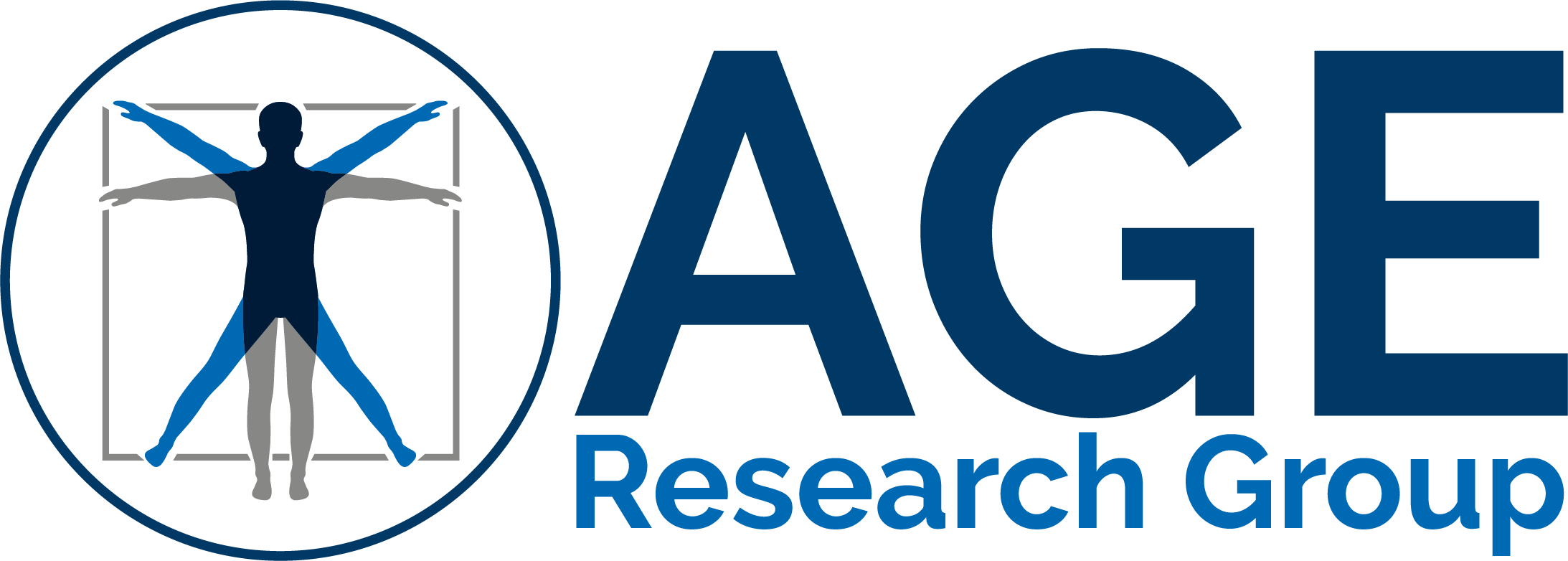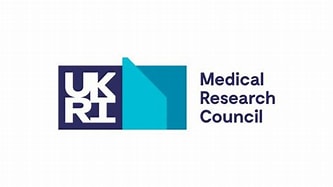Exercise Benchmarking
Benchmarking Exercise Programmes for Older People (BEPOP) : Improving exercise interventions for older people with sarcopenia and frailty
A nationwide benchmarking and feedback initiative for service development.
Wave 2 BEPOP results now available - download the report here: BEPOP Wave 2 Report
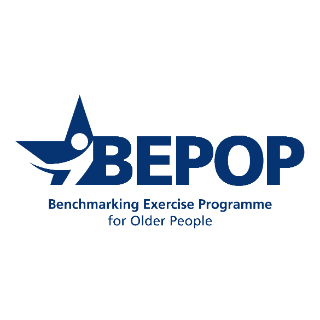
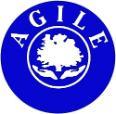
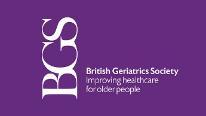
What is BEPOP?
BEPOP is a nationwide service improvement project, run in collaboration between NIHR Newcastle Biomedical Research Centre, the British Geriatrics Society and AGILE (a professional network of the Chartered Society of Physiotherapists).
The initiative aims to drive development and uptake of best practice for exercise interventions for older people living with sarcopenia and frailty in the UK.
BEPOP is not a research project – it is a service improvement project. As such, research ethics approval is not required to take part, and you do not need any experience or expertise in research to contribute.
Why focus on sarcopenia and frailty?
Sarcopenia, a reduction in muscle strength and function, and the related syndrome of physical frailty, are common conditions affecting many older people. They cause falls, fractures, and lengthy hospital admissions, increase dependence and worsen quality of life. A growing body of evidence supports resistance exercise training as a safe and effective intervention for sarcopenia and frailty. However, recent UK surveys of current practice have found that resistance training was offered in only 9% of departments delivering exercise interventions to older people.
Debate continues as to the best way to deliver evidence-based exercise training for older people with sarcopenia and frailty. How many sessions are needed? How frequent should sessions be? How should progress be measured and exercise intensity increased? What modes of exercise work best? Previous UK surveys of practice have found great variation in all of these aspects of exercise programme delivery.
How does BEPOP help to improve care?
BEPOP takes advantage of this variation. By collecting information from practitioners across many sites, we can find out which characteristics of exercise programmes are associated with the best outcomes for patients. And by feeding this information back to practitioners – both by overall reports but also through tailored, personalised benchmarking reports to each practitioner, our healthcare community can rapidly optimise the exercise programmes that we deliver – ensuring that our older patients get the outcomes that they deserve.
What have we done so far?
Wave 1 of BEPOP completed in 2023 and we have published a report of the findings along with recommendations to improve practice - the report can be downloaded here: BEPOP Wave 1 Report.
We have now completed analysis of data from Wave 2 (542 individuals across 28 sites) with new recommendations - download the wave 2 report here: BEPOP Wave 2 Report.
We presented preliminary results at the AGILE conference in May 2025, and we plan further webinars and conference presentations in Autumn 2025.
How do I take part?
Expressions of interest for taking part in Wave 3 of BEPOP are now closed but if you are interested in taking part in Wave 4 (data collection from August 2026 to December 2026), please email us at nuth.bepop@nhs.net. Our team will then get in touch with you to discuss further.

